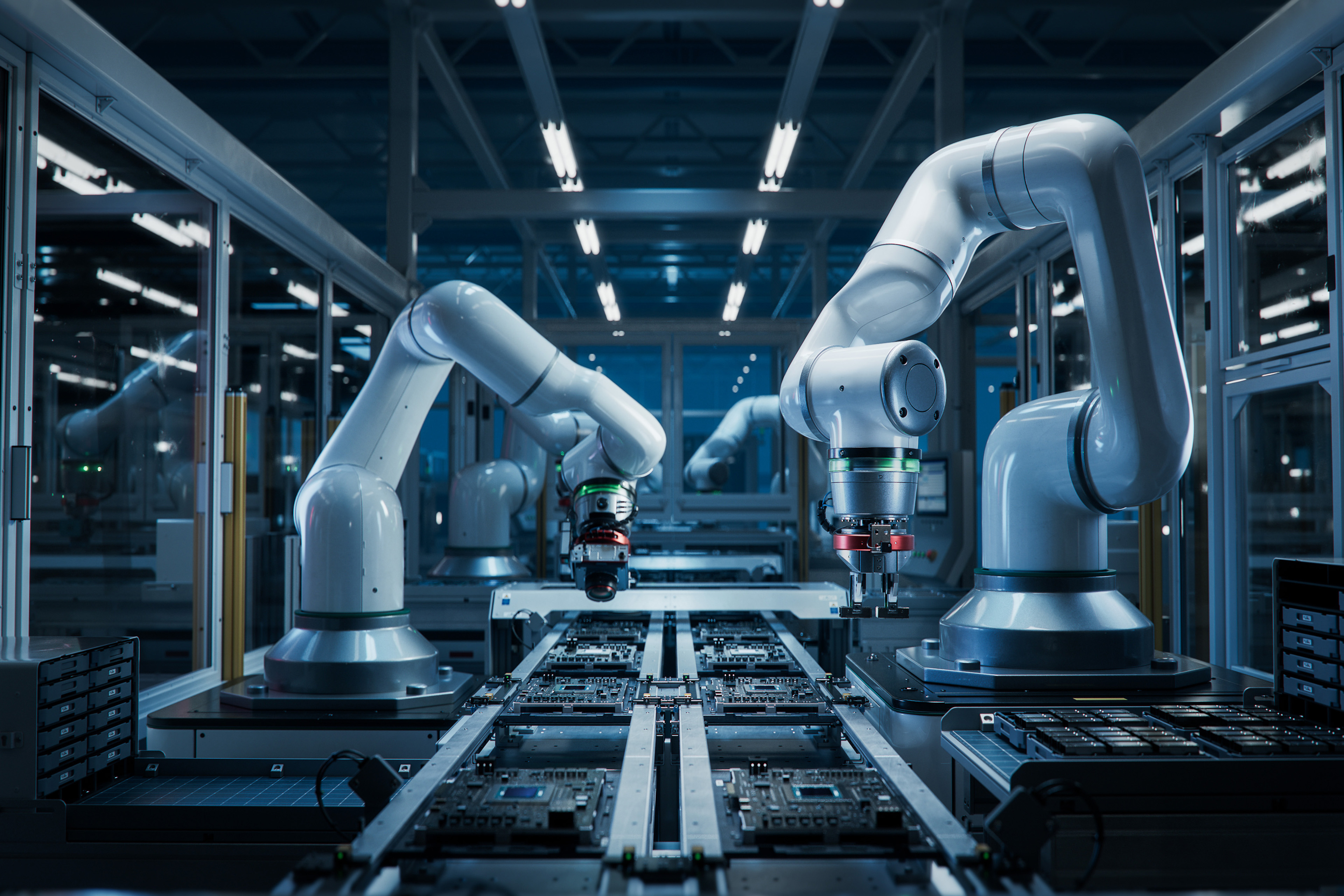EY refers to the global organization, and may refer to one or more, of the member firms of Ernst & Young Global Limited, each of which is a separate legal entity. Ernst & Young Global Limited, a UK company limited by guarantee, does not provide services to clients.
SC allows full ITC on inputs used in manufacture of taxable goods along with exempt by-products under UP VAT Act
This Tax Alert summarizes a recent judgement of the Supreme Court (SC) interpreting input tax credit (ITC) related provisions under the Uttar Pradesh Value Added Tax Act, 2008 (UP VAT Act).
Assessee was engaged in manufacture of rice bran oil (RBO) which was taxable. During the manufacture, an exempt by-product i.e., de-oiled rice bran (DORB) was also produced.
As per Section 13(1)(f) of the UP VAT Act, where goods manufactured are sold at a price lower than the cost price, ITC is allowed to the extent of tax payable on the sale value of final goods.
As the sale price of RBO was lower than the manufacturing cost, assessing authority rejected the claim of full ITC on the ground that the term “goods” in Section 13(1)(f), means only “taxable goods”.
SC observed that Section 13(1)(f) was introduced in the scheme of UP VAT Act to limit ITC where goods (including taxable, exempt, by-products or waste products) manufactured were being sold at a price lower than the cost price of purchases.
The definition of “goods” under Section 2(m) does not differentiate between exempt and taxable goods and equally the word “goods” under Section 13(1)(f) should not be qualified by the word “taxable”.
Reliance placed by Allahabad High Court (HC) on SC decision in case of M.K. Agro Tech Private Limited2 is incorrect. The said judgement was relating to the provisions under the Karnataka Value Added Tax Act, 2003 which are quite different when compared to the UP VAT Act in regard to the scheme of ITC.
Basis above, SC held that for the purpose of section 13(1)(f), “goods manufactured” will also include exempt goods and thus, allowed full ITC on inputs used in manufacture of RBO and DORB by the assessee.
Comments
- The SC judgement is likely to benefit the taxpayers with similar pending litigations, particularly, in cases where ITC related provisions under the respective State VAT laws were akin to the provisions of UP VAT Act.
- Even under the central excise law, CENVAT credit was eligible on inputs where such inputs were contained in any waste, refuse or by-products (whether or not the same were exempt) arising during the manufacture of the final taxable product.
- The ruling may not be applicable under the GST law in absence of similar provisions.


